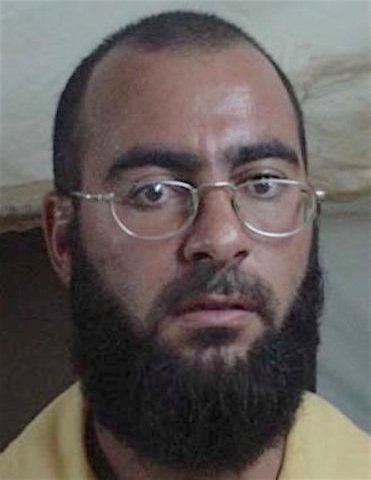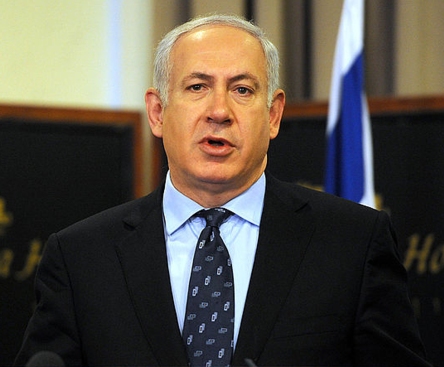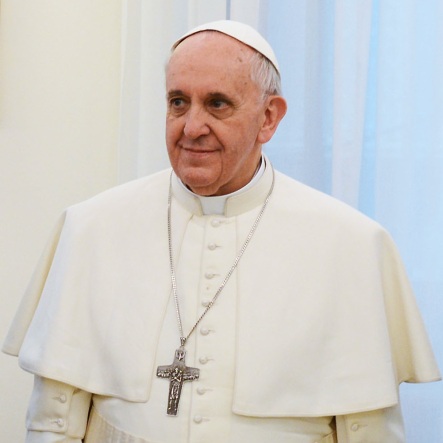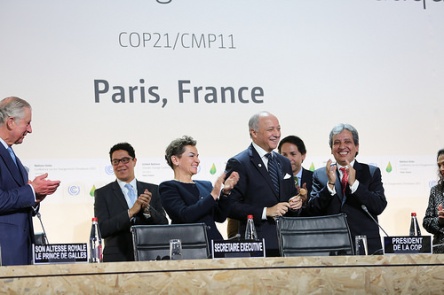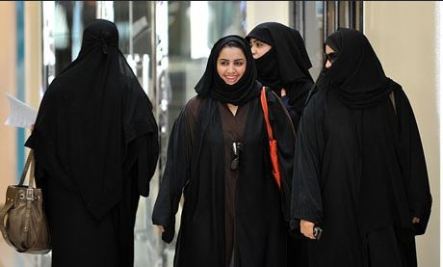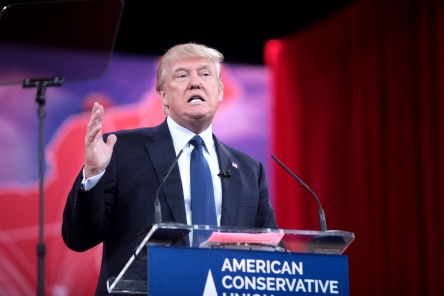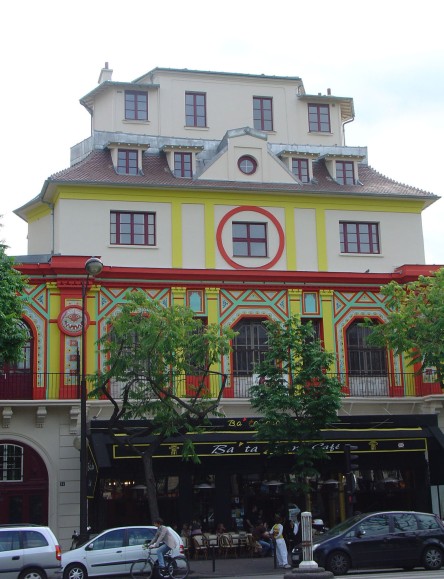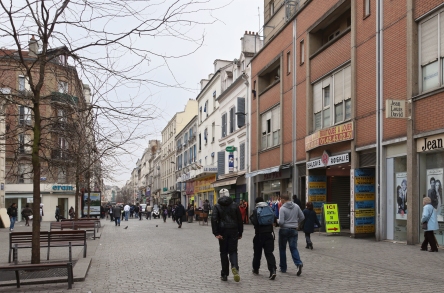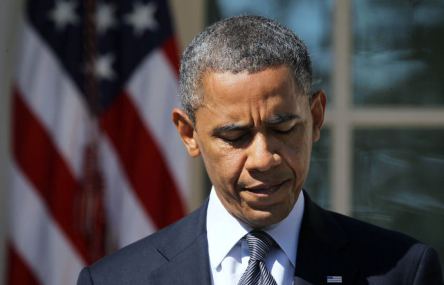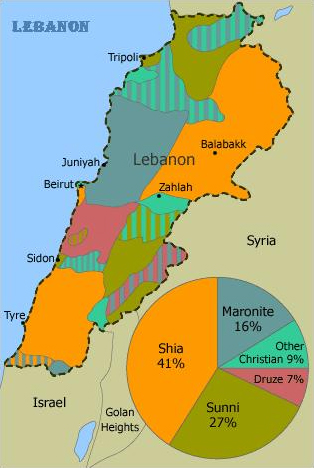By Ines Kagubare
Qu’est ce qu’on a fait au bon dieu? (What Have We Done Good, God?) deals with the inevitable fact that the world is becoming a melting pot where mixed marriages are not uncommon. The film brings humor to complex issues like racial and religious stereotypes that are generally taboo in the movie industry.

The cast of Qu’est ce qu’on a fait au bon dieu? Courtesy of Wikipedia.
In director Philippe de Chauveron‘s 2014 film, The Verneuils are a white conservative Catholic French family who have four beautiful and lovely daughters. Three of them are married to non-white, non-Catholic men. Isabelle is married to Rachid Ben Assem, a Muslim lawyer of Algerian descent. Odile is married to David Benichou, a Jewish entrepreneur. The third daughter, Ségolène, is married to Chao Ling, a successful Chinese banker.
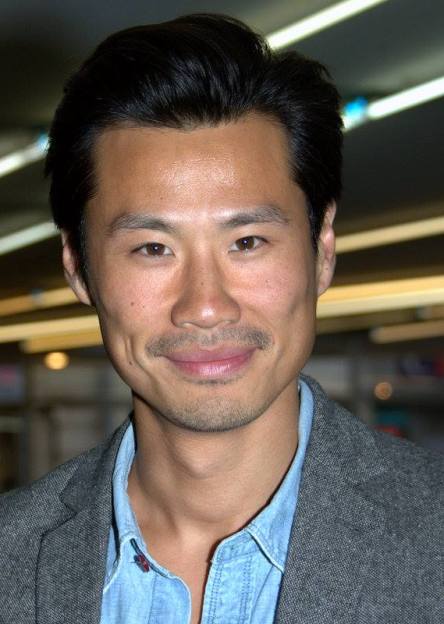
Frederic Chau, the actor who plays Chao Ling. Courtesy of Wikimedia.
Mr. and Mrs. Verneuil are obviously not delighted to have sons-in-law who aren’t Catholic and white, but they try to hide their disapproval. On one occasion, Ségolène invites the family over for dinner, hoping to ease tensions between her parents and the sons-in-law, but the reunion does not go as the daughters expect. Instead of getting to know each other better, both the parents and sons-in-law unleash their prejudices and stereotypes on one another, leading to a dispute that leaves the family in turmoil.
For a couple months after the disastrous family reunion, the Verneuils do not speak to their daughters, which limits their relationship with their grandchildren. The Verneuils, especially the dad, Claude, hope that their fourth daughter, Laure, will honor the family values and traditions by marrying a Frenchman who’s also white and Catholic. They even try to set up a date for Laure (without her knowledge) with a guy she barely knows. The date does not go as planned.
Laure makes an unexpected announcement that she’s been dating a guy who’s Catholic. This makes her parents very excited and relieved to know that one of their daughters will finally carry the family tradition. She intentionally omits a small detail. Laure and her family decide to meet at a restaurant where she introduces them to her boyfriend. While waiting for Laure and her mystery date to arrive, Claude makes a funny but snarky comment to his wife Marie, saying “they’re 10 minutes late, at least we know he’s not Chinese.”
To their surprise, Laure’s boyfriend Charles, is indeed a Catholic, but he is also black. Feeling disappointed and defeated, the Verneuils retreat to their estate in the French countryside. Claude withdraws himself and tries to stay away from his wife.
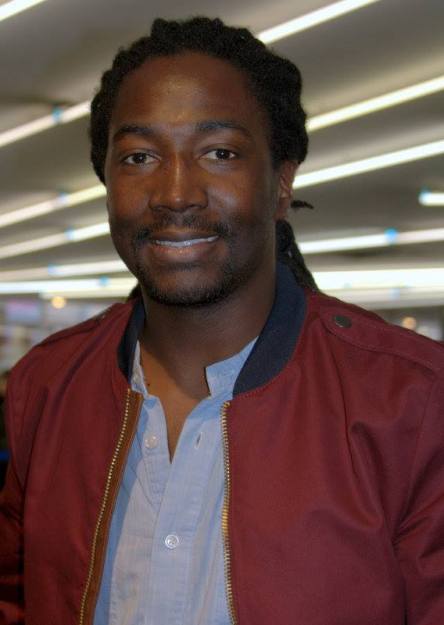
Noom Diawara who plays Charles. Courtesy of Wikipedia.
Laure and Charles plan to get married in France. However, Charles’ parents back in the Ivory Coast are just as disappointed about the marriage as the Verneuils. Charles’s dad, André, is especially not fond of the idea because he’s not a fan of the French or white people. He blames the French for ruining African culture with their colonialism. Despite both families disapproving of the marriage at first, the wedding still goes on with minor hiccups along the way. The Verneuils learn how to be more tolerant of other cultures and find similarities with their new family members that bring them all closer together.

